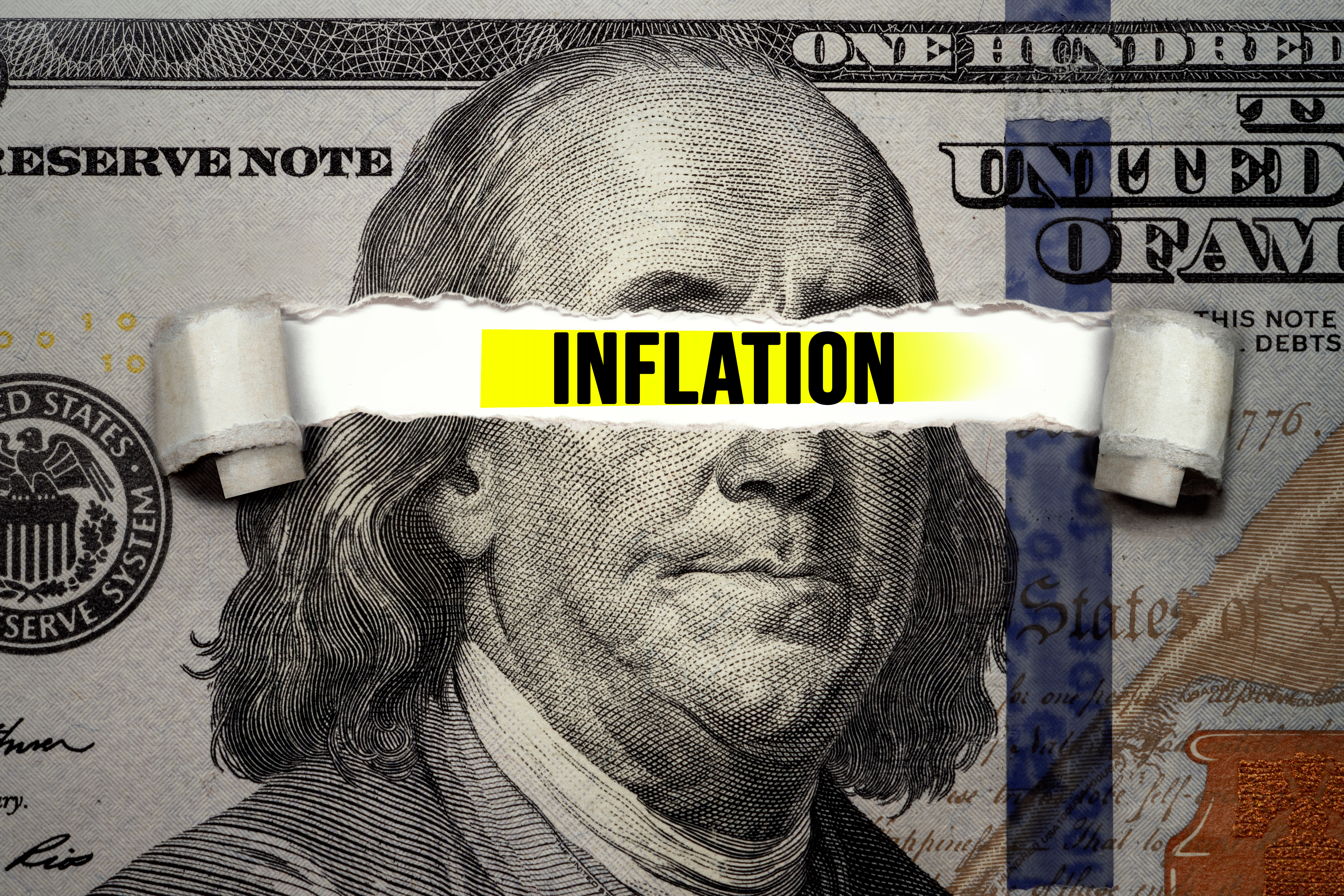
In this issue and the next, I’m suggesting that there are 7 inflationary economic dynamics in play … any one, or a combination of more than one, will significantly impact your and my success in making decisions as we round out the year and look forward to 2022. We’ll start with the first four of the following and round out all seven in Part 2 next month.
- Wage Inflation
- Interest Rates
- Property Assessment Increases
- Unemployment Rate
- Government Financial Supports
- Supply Chain Blockages
- Post-pandemic Issues
You’ll agree that none of the above are under our control as residential real estate investors. What we can control is diligence to understand and monitor developments … and evaluate their real or anticipated effect on our property holdings, plus attract and retain quality tenants.
A confusing and complicating issue is the increased use of “transitory” when these issues are presented by governmental authorities and headlined in the press. As we flesh out the above 7 issues, it’s in our collective best interests to profile how fleeting (transitory) developing events are likely to pan out based on four perspectives:
- Trajectory – direction … up, down or static
- Velocity – the speed of change … real and anticipated
- Duration – how long is “transitory” … when will it change?
- Frequency – actual or expected recurrence.
Wage Inflation
As post-pandemic employment figures rise, so will wages. Employers will yield to higher compensation and benefits demands by workers to entice a return to the workforce. That means a significant driver of wage inflation. The duration is likely to be until the U.S. economy recovers from the C-19 scourge and the following months as our economy peaks at optimum employment levels.
So, what does that mean for residential rental landlords and investors … opportunity to increase rents, make needed property improvements and appeal to tenants who can afford to upgrade their housing.
Click here for a more detailed discussion of wage inflation.
Interest Rates
Interest rates and the rate of inflation have an inverse relationship. When interest rates are low, the trajectory of the economy soars, and inflation increases. Conversely, when interest rates are high, economic velocity slows and inflation decreases. Thirty-year mortgage interest rates are at or near historical lows. Duration of these favorable rates is unknown. That said, Fannie Mae predicts rates as low as 2.90% through year-end. That means buying opportunities for residential real estate investors. While sale prices are high, that is offset by the reduced cost of long-term financing.
Property Assessment Increases
Using Richmond as the example of property assessment increases in Central Virginia, last summer new taxable real estate citywide registered a 12.9% increase. That’s a year-over-year upward trajectory unrivaled in the last decade. As sales prices rise, rental property assessments climb in lock-step. Best guess is the duration of this trend will continue at least through 2022. When coupled with wage inflation, i.e. tenants ability to pay more, landlords will likely raise rents … perhaps at a premium over the increased assessment cost.
Takeaways
The above 7 Faces of Inflation are real and present issues that must be considered as drivers of residential landlords’ decision making. The one “given” seems to be that singly, or in whatever combination, the foreseeable economic landscape presents a vision of inflation. Properly evaluated and managed may prove to be profitable for alert residential property investors.
Be sure to keep a lookout for our next issue for a discussion of the last three of the seven inflation pressures.
Of course, please let me hear from you to share thoughts and insight.
At KRS Holdings, we stand by our core principles: Successful property management is based on simple math: Add value to your assets, subtract unnecessary expenses.
Give us a call or drop an email. We’ll respond promptly to relieve
your stress and help you evaluate your property management options
plus maximize your rental property return on investment.






